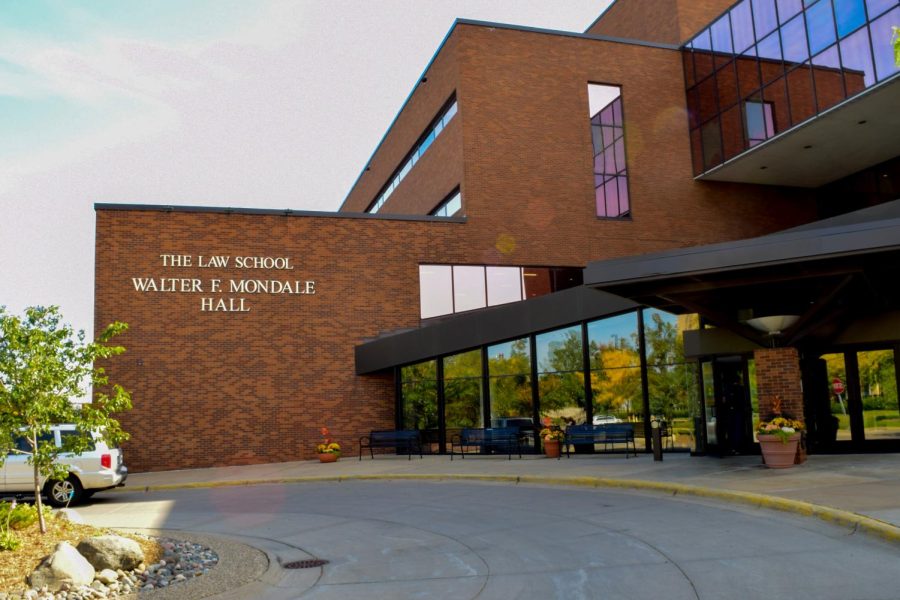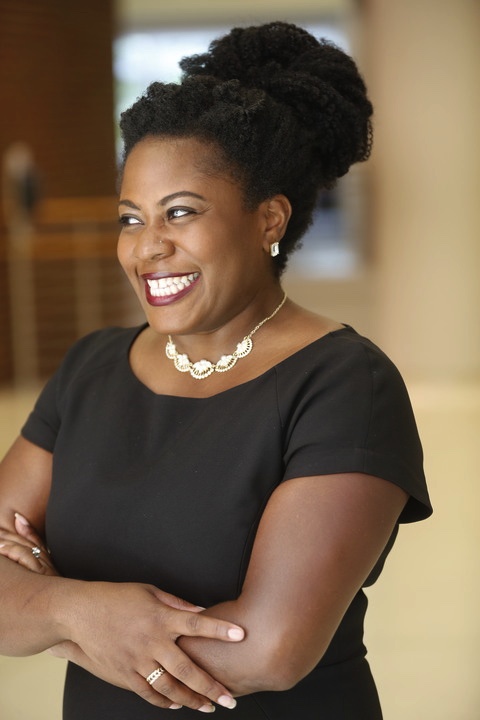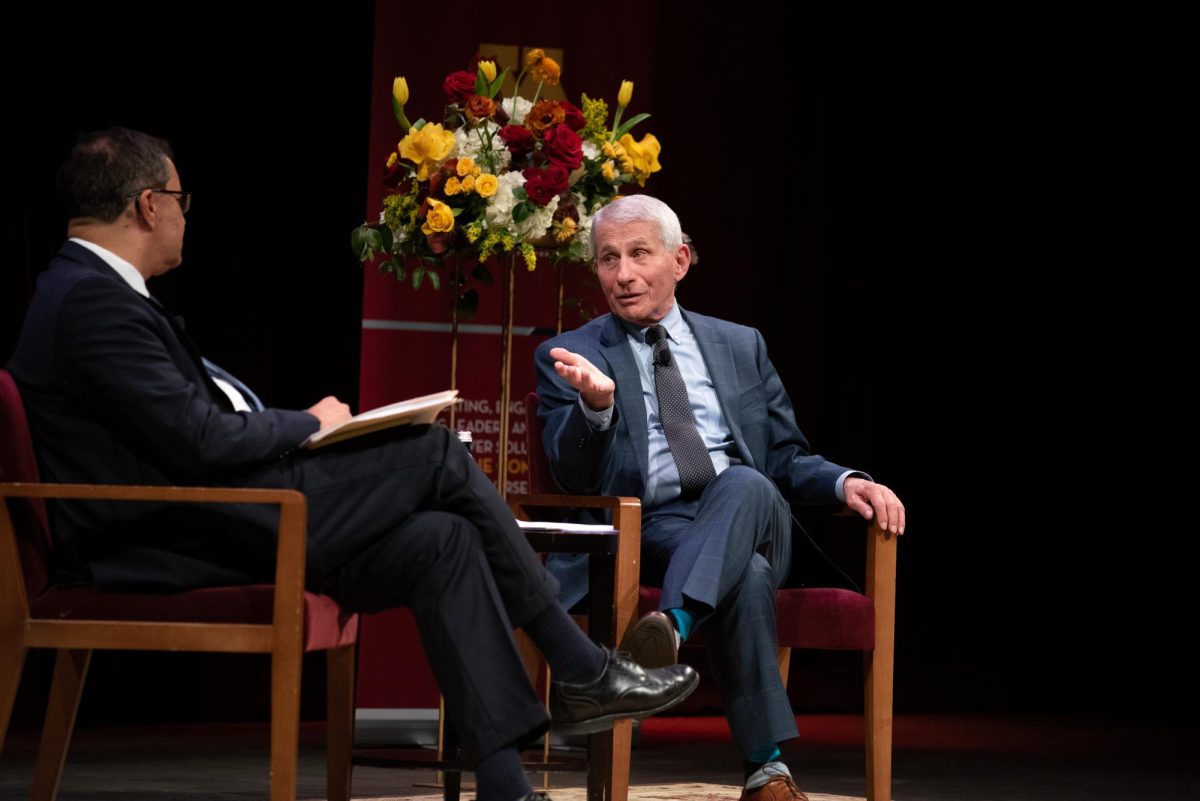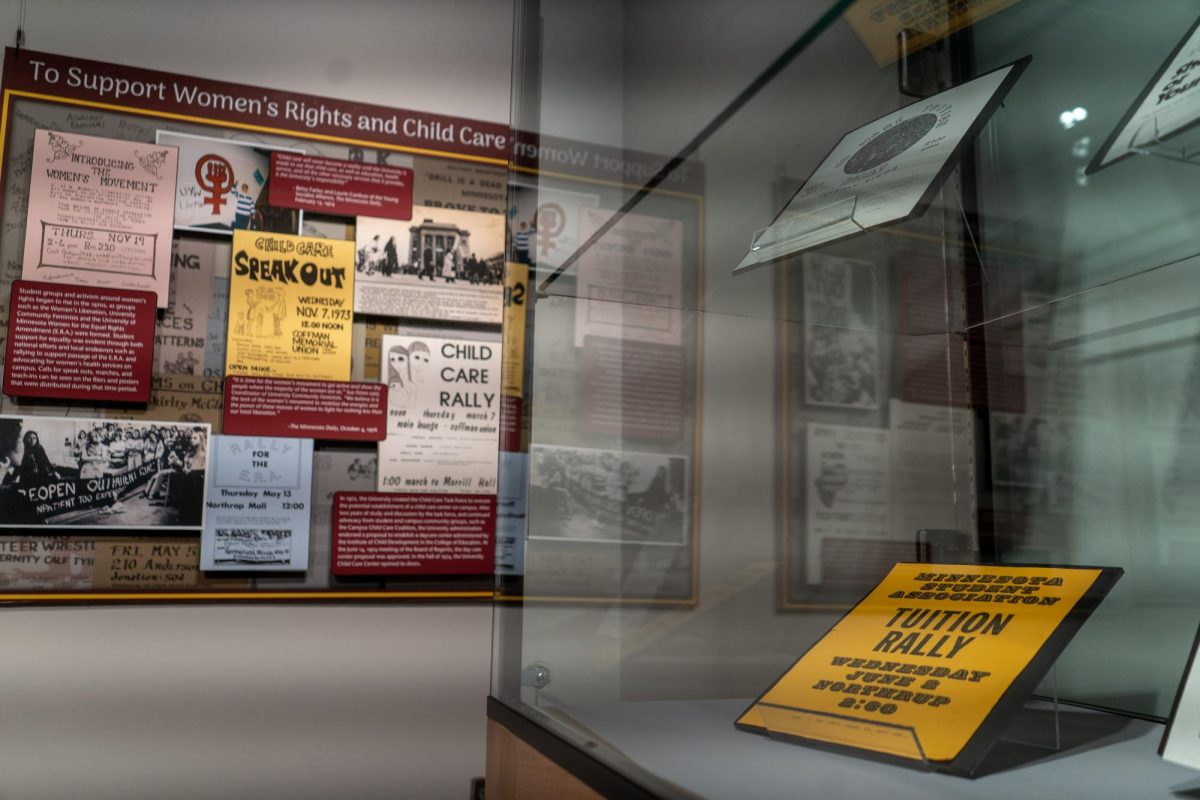The University of Minnesota Law School launched the new Racial Justice Law Clinic this semester, which is centered around community engagement and looking at law through a racial justice lens.
The clinic gives law students the opportunity to practice litigation and advocacy by determining priority issues through working with impacted community members, organizations and movement leaders who currently work to promote racial equity in Minnesota.
This semester, the clinic of four students has casework that includes employment discrimination claims, workers rights cases and matters of public safety. The clinic members said they hope to work on cases about housing issues in the future. Led by law professor Liliana Zaragoza, who previously worked at the National Association for the Advancement of Colored People (NAACP) Legal Defense Fund, the clinic is the first of its kind at the University.
“When the University of Minnesota Law School posted for an open clinical position, I saw an opportunity to propose a racial justice law clinic,” Zaragoza said. “It also seems like something that is incredibly important at this particular time, and in this particular place.”
Over the last few years, law schools across the country have been adopting clinics focused on racial justice and civil rights. The University’s clinic is modeled in part by the Civil Rights Clinic at New York University and the University of North Carolina at Chapel Hill’s Critical Race Lawyering Civil Rights Clinic.
To establish the clinic, Zaragoza said they are working on building relationships with the community through creating an open dialogue with community organizations. According to Zaragoza, students will focus on cases brought in by community members while working in what she refers to as “the speed of trust.”
“When the community comes to you, with things that are urgent or that they trust you with, it really feels like the opportunity to jump in and say, ‘Okay, we can pivot to meet these needs,’” Zaragoza said.
Clinics typically focus on specific areas of law that allow students to experience litigation in specialized fields, including business, family and immigration, while collaborating with professors on actual casework. As one of 27 clinics at the University’s Law School, the Racial Justice Law clinic is taking a different approach compared to the traditional structure of clinics in its breadth of casework, according to Zaragoza.
“It just seems as if other clinics are focused on one particular area, that law could all be tax or business,” University law student Brandon Redmon said. “But here, we do everything under the sun, pretty much looking through the lens of racial justice.”
The clinic has an ongoing stream of casework involving racial justice that students will take on for a full school year based on the needs of the community. Many students in the clinic became involved to gain a different perspective of law in relation to race.
“It just seemed like such a great way of investing in the community, talking about these big issues and confronting very weighty and intertwined issues all at the same time,” University law student Evan Dale said. “It has been really great to be able to do all that at once, and it’s been very fulfilling so far.”
In its first year, the students get to play a role in building the clinic from the ground up by making community connections that have the possibility to grow and broaden the clinic’s reach while adapting to community needs.
“[Zaragoza] is building this foundation upon which just the clinic will grow,” Redmon said. “We are learning about getting clients, developing a plan with respect to critical race theory and strategy with respect to word choices, so my experience so far with the racial justice clinic is one of this exponential growth.”
The clinic is modeled to build and strengthen its relationship with the community each year and provide students the opportunity to pass the torch to one another.
“If community organizations and other folks doing movement work trust us as the place where they can expect non-exploitative, supportive, ethical and thoughtful lawyers, that would be a win in my book,” Zaragoza said.
Clarification: A previous version of this article misstated multiple things. The clinic is working on cases that include employment discrimination claims, workers rights cases and matters of public safety. Zaragoza previously worked for the NAACP Legal Defense Fund. The clinic is working on outreach with various community organizations.













